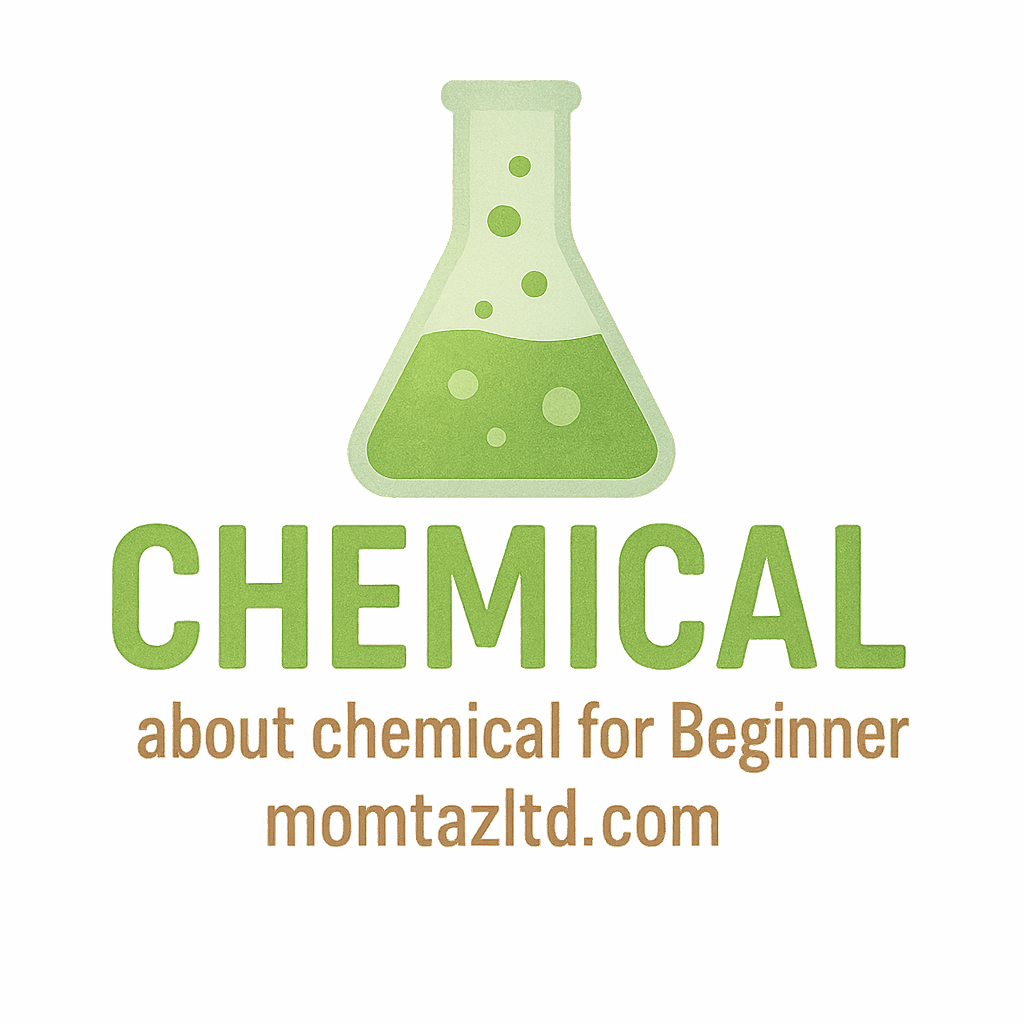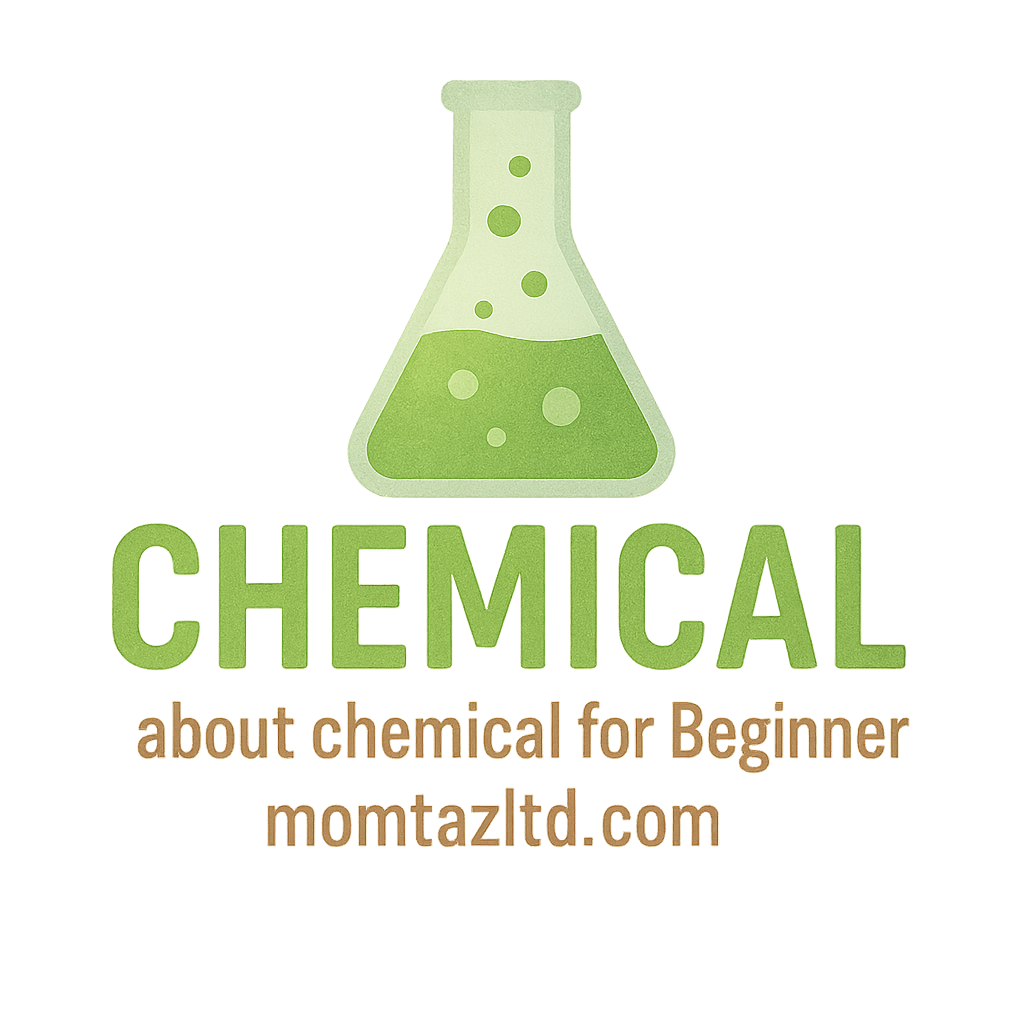Introduction to Chemicals
Chemicals are all around us – in our homes, workplaces, and the food we consume. However, many beginners often feel overwhelmed or confused when it comes to understanding what chemicals really are and how they affect our lives. If you’re a beginner in the world of chemistry, it’s essential to have a fundamental understanding of chemicals before diving deeper into the subject. In this article, we’ll answer 10 of the most common questions beginners ask about chemicals to clear up any confusion.
What Are Chemicals?
Before we jump into the questions, let’s briefly define what chemicals are. In simple terms, chemicals are substances made up of atoms and molecules. They can be natural or synthetic and are used in a wide range of products from cleaning agents to food preservatives. Understanding chemicals is the first step in appreciating their role in various fields, including science, industry, and everyday life.
Top 10 Questions Beginners Ask About Chemicals
1. What Exactly Are Chemicals?
Many people are familiar with the term “chemical” but might not understand what it means. At its core, a chemical is any substance that has a defined composition of molecules or atoms. These substances are classified based on their properties, reactivity, and the way they interact with other substances. Chemicals are in everything: the air we breathe, the water we drink, the food we eat, and the products we use every day.
2. What Are the Different Types of Chemicals?
Chemicals come in various forms and can be classified based on their characteristics or uses. Some common types include:
- Organic Chemicals: These chemicals contain carbon atoms and are found in living organisms. Examples include carbohydrates, proteins, and lipids.
- Inorganic Chemicals: These chemicals do not contain carbon. Examples are salts, metals, and minerals.
- Acids and Bases: Acids are substances that can donate a proton (H+), while bases can accept a proton. They are fundamental to many chemical reactions, especially in biological systems.
- Polymers: These are large molecules made up of repeating subunits, like plastics and rubber.
You can learn more about the different types of chemicals and their applications in industrial and laboratory settings on MOMTAZ LTD.
3. How Do Chemicals Work?
Understanding how chemicals work involves learning about chemical reactions. A chemical reaction occurs when two or more chemicals interact and form new substances. The process can involve breaking bonds, forming new bonds, or rearranging atoms. For instance, when you mix baking soda (a base) with vinegar (an acid), they react to form carbon dioxide gas, which creates bubbles. This is a simple example of how chemicals work together to produce new compounds.
4. Are All Chemicals Dangerous?
Not all chemicals are dangerous. While some chemicals can be harmful if not handled properly, many are harmless or even beneficial. Household items like vinegar, salt, and water are chemicals that we use daily without any issues. On the other hand, there are chemicals that require careful handling due to their toxicity or reactivity. For example, bleach and ammonia can cause harm if mixed or used improperly.
To learn more about chemical safety, check out resources on chemical storage and handling on MOMTAZ LTD.

5. What Is the Difference Between Organic and Inorganic Chemicals?
Organic chemicals are based on carbon atoms and are the foundation of life on Earth. They include substances like sugars, proteins, and fats. Inorganic chemicals, on the other hand, do not contain carbon atoms. They include minerals, metals, and salts. The distinction is important in chemistry because organic chemicals generally participate in biological processes, whereas inorganic chemicals play a role in materials science, metallurgy, and other industrial applications.
6. How Are Chemicals Used in Everyday Life?
Chemicals are everywhere in our daily lives, often in places we don’t even realize. From cleaning supplies to the food we eat, chemicals help us maintain hygiene, enhance flavors, and even preserve our health. Household chemicals like bleach and ammonia are used for cleaning, while chemicals in medications help cure illnesses. For example, hydrogen peroxide is often used to disinfect cuts and wounds, while sodium bicarbonate (baking soda) is used in baking.
For more insights on household chemicals, visit MOMTAZ LTD Household Chemicals.
7. How Do Chemical Reactions Happen?
Chemical reactions occur when substances interact in such a way that they form new substances. This can happen when atoms or molecules collide with enough energy to break existing bonds and form new ones. Chemical reactions can be exothermic (releasing energy) or endothermic (absorbing energy). For instance, the combustion of wood in a fireplace is an exothermic reaction, where energy is released in the form of heat and light.
8. What Are Some Common Household Chemicals?
Some of the most common household chemicals include:
- Ammonia: Often used for cleaning purposes.
- Bleach: A disinfectant used for cleaning surfaces and whitening clothes.
- Baking Soda: A versatile chemical used in baking and cleaning.
- Vinegar: A mild acid used for cleaning, cooking, and preserving food.
These chemicals are essential in daily life, but it’s crucial to use them correctly to ensure safety.
9. How Should Chemicals Be Stored Safely?
Proper chemical storage is crucial to prevent accidents. Chemicals should be stored in cool, dry places away from direct sunlight and extreme temperatures. Additionally, some chemicals need to be stored in specific containers to prevent reactions. For example, flammable chemicals should be kept in fireproof cabinets, and corrosive chemicals should be stored in non-reactive containers. Always follow the manufacturer’s recommendations for storage.
Learn more about chemical storage safety at MOMTAZ LTD Chemical Storage.
10. How Can I Stay Safe When Handling Chemicals?
Safety should always be a top priority when dealing with chemicals. To stay safe:
- Always read labels and instructions before using any chemical.
- Wear protective gear such as gloves, goggles, and aprons.
- Keep chemicals away from children and pets.
- Store chemicals in a safe, well-ventilated area.
- Dispose of chemicals properly by following local guidelines.
The MOMTAZ LTD provides detailed advice on safe chemical handling, including best practices.
Conclusion
Understanding chemicals is fundamental to navigating the world around us. Whether you’re a beginner or someone who uses chemicals daily, having knowledge of their types, functions, and safety measures is crucial. Chemicals play an essential role in everyday life, from cleaning to health, and knowing how to handle them safely can help prevent accidents and ensure their effective use.
FAQs
- Are All Chemicals Harmful?
No, many chemicals are safe and beneficial when used properly. However, some chemicals require caution due to their potential hazards. - What Are the Most Common Chemicals Found in Homes?
Household chemicals like bleach, ammonia, baking soda, and vinegar are some of the most common chemicals found in homes. - How Can I Learn More About Chemical Safety?
Resources like the MOMTAZ LTD Chemical Safety section can provide detailed safety guidelines. - What Are the Most Dangerous Chemicals to Avoid?
Chemicals like cyanide, mercury, and certain acids can be hazardous if not handled correctly. - How Do Chemical Reactions Affect Our Environment?
Chemical reactions can impact the environment by releasing pollutants or contributing to climate change, depending on the substances involved. - Are There Chemicals in Food?
Yes, food contains many chemicals, both natural (like vitamins and minerals) and synthetic (such as preservatives and additives). - Can Chemicals Be Safe to Use in the Right Amount?
Yes, many chemicals are safe to use when handled in appropriate quantities and with the right precautions.


